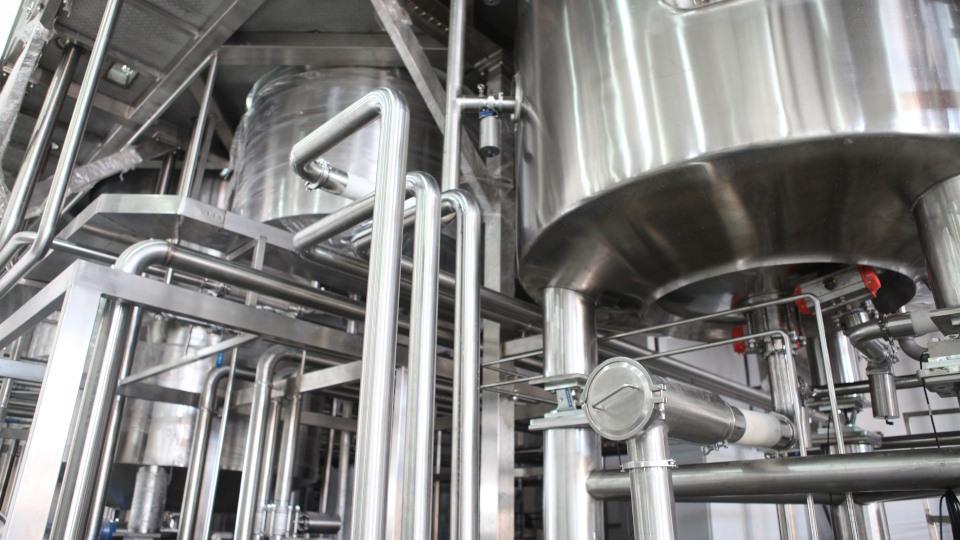FDA ramps up unannounced inspections of foreign facilities

The FDA has said it will expand unannounced inspections of overseas manufacturing facilities supplying medicine and other medical products to the US.
The aim is to make sure that foreign companies "receive the same level of regulatory oversight and scrutiny as domestic companies," according to the regulator, which pointed out that domestic inspections are generally unannounced but those for overseas are often flagged in advance.
There was no indication from the FDA about how many inspections it intends to carry out, or how its capacity to conduct them may be affected by recent staffing reductions at the agency.
At the same time as the policy was announced, Associate Commissioner Michael Rogers – head of the Office of Inspections and Investigations (OII), set up last October – said he was stepping down from the role amid the staffing reductions.
FDA Commissioner Martin Makary has been vocal about his view that overseas manufacturers are held to a different standard than their counterparts within the US.
The FDA conducts approximately 12,000 domestic inspections and 3,000 foreign inspections each year in more than 90 countries, but – despite advanced warnings – finds serious deficiencies more than twice as often as during domestic inspections, it said.
"For too long, foreign companies have enjoyed a double standard – given advanced notice before facility inspections, while American manufacturers are held to rigorous standards with no such warning," said Makary in a statement.
"That ends today," he added. "This is a key step for the FDA as part of a broader strategy to get foreign inspections back on track."
Along with more inspections, the plan is to change policies and practices so that, for example, FDA investigators have to refuse assistance from the companies they regulate, including "lodging and transportation arrangements."
The announcement came hard on the heels of an executive order from President Donald Trump instructing the FDA to identify ways in which it can reduce red tape so that new manufacturing facilities can be set up more quickly in the US.
It also orders the regulator to disclose the annual number of inspections that the FDA conducts on foreign facilities, publicly disclose those that do not comply, and tighten up its oversight of overseas ingredients producers.
The order is part of a broader effort by the federal government to ensure that medicines intended for consumption in the US are also made there, and follows announcements of new facility projects by various big pharma groups, including AbbVie, Eli Lilly, Johnson & Johnson, Novartis, and Roche.












